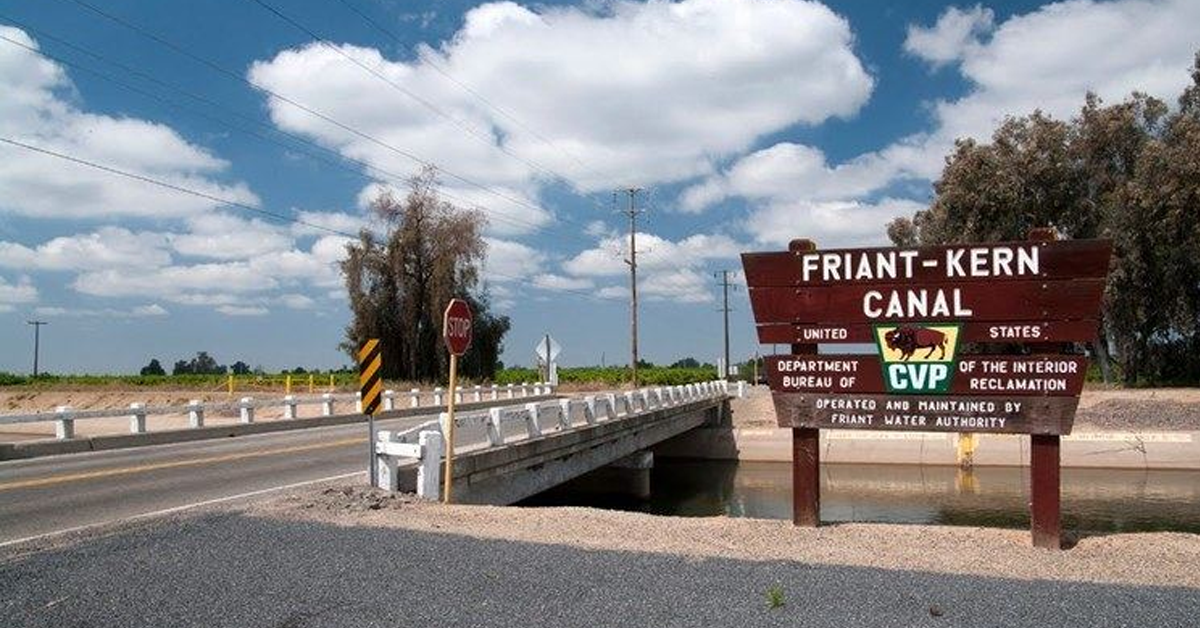I’m a farmer, a water steward, and just like you, a citizen deeply concerned about the way we use and manage our water resources here in the Golden State.
I’m here today to discuss a bill that – if enacted – could upend our state’s water markets, impact agriculture, limit our water supply, and hinder housing development.
The culprit? California State Assembly Bill 1205, a piece of legislation affecting California water rights through the sale, transfer or lease of agricultural land.
You see, AB 1205 proposes a change that sounds harmless on the surface: it wants to label the sale, transfer, or lease of water rights from our agricultural lands by investment funds as a wasteful or unreasonable use of water.
But let’s dig a bit deeper and reveal why this bill is a potential harmful for all Californians, especially our businesses, communities, the environment, and our very capacity to produce our own food.
As noted by the California Water Alliance, Western Growers, and numerous agricultural trade associations, AB 1205 threatens to impede a potential solution afforded by private capital to develop reliable water supplies.
These entities assert that private capital has a crucial role to play in addressing water scarcity. It helps to convert unreliable, year-to-year variable, and geographically diverse sources into dependable annual supplies of water to support investments in water-dependent enterprises.
Simply put, AB 1205 could put a roadblock in the path of progress.
We need significant resources to manage our state’s water challenges. Private capital plays a crucial role here, helping to turn unreliable, variable, and geographically diverse water sources into dependable annual supplies that support investments in water-dependent communities.
The entry of successful, resourceful organizations into this sphere is not a problem to be fixed; rather, it’s a solution to be embraced. These organizations bring not just their financial clout but also their strategic expertise, innovation, and capacity for long-term planning. They help us ensure that water can move from areas where it’s abundant to areas where it’s needed most.
The bill would directly hamper work being done to implement SGMA.
In fact, private-sector water storage and supply projects are already important components of many local districts’ GSPs (which illustrates how the public actually does receive very real benefits from private capital in water projects).
AB 1205 would outlaw these vital public-private partnerships.
AB 1205 would bill would disrupt existing water transfer agreements that millions of Californians rely on. For example, to support responsible water management on the Colorado River, California’s major agricultural districts on that system (the Palo Verde Irrigation District and Imperial Irrigation District) decades ago established water transfer programs that benefit southern California urban users, programs that rely on landowners in those districts to generate conserved water.
AB 1205 could threaten those important programs by limiting landowner participation.
Of course, we need appropriate guardrails to ensure fair and ethical practices. However, overregulation can stifle innovation, prevent effective problem-solving, and ultimately lead to mediocrity. AB 1205 leans toward such overregulation, imposing restrictions that could arbitrarily choose winners and losers in a vital market.
Furthermore, water advocates have pointed out that a water transfer is not a beneficial use of water in and of itself. Instead, it is the recipient of the transferred water who puts it to beneficial use.
AB 1205 fails to account for this reality, rendering the consequences of this bill unclear and potentially far-reaching.
Instead of creating an environment that encourages private investment, AB 1205 could freeze the development of our water resources, causing potential harm to the parties involved in water transfer contracts.
It could deter housing developments, often tied to water rights purchase agreements, and create significant challenges for our groundwater sustainability agencies, who rely on flexible water credit systems to meet their users’ needs.
The consequences of passing AB 1205 are clear and widespread. It’s time for us to stand together and voice our opposition. Reach out to your elected officials. Let them know we value our water resources, our freedom, and our right to grow and succeed.
Let’s reject the arbitrary restrictions of AB 1205, and together, let’s continue to foster a thriving, well-resourced California.











